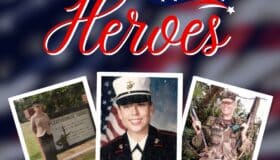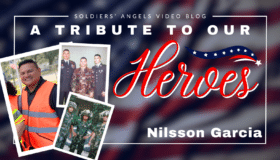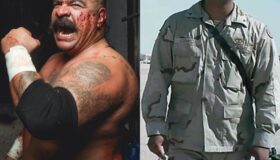TRIBUTE TO OUR HEROES: Army Veteran Ayauna Barnes
October 10, 2024
In the latest episode of “A Tribute to Our Heroes,” we talk with Soldiers’ Angels Intern and Army Veteran Ayauna Barnes. Ayauna served 18 years in the Armed Forces and has been with Soldiers’ Angels for 8 months and we hope many more to come.
Ayauna shares her background, long military career, and history/advocation with suicidal thoughts, sexual assault, and childhood trauma.
You can view our full video interview with Ayauna below. Please be advised, the interview contains topics of sexual abuse and suicidal thoughts.
WARNING: This video and blog content contain sensitive topics, including sexual assault and suicide.
Q: What made you want to join the military in the first place? What was your calling?
A: I initially joined for financial stability. I had a very interesting, colorful childhood. As a result, I lived with my grandparents. My mom was doing the best she could, but there were many times when the best she could do was bring home a pie from the bakery where she worked, and we’d eat that for breakfast, lunch, and dinner. We couldn’t pay rent, couldn’t eat, and we experienced homelessness. I always wanted to be an actress, I am the most cliche California kid, theater kid. At 9 years old, I was jumping on subways and going to auditions instead of school. Then life just happened. I knew after getting my first job and being able to help my mom that we needed financial stability, so I knew it was a safe bet. I came from a military family and my brother was serving, and we shared the same MOS, actually. I joined because I knew he’d think it was cool and it came with a bonus.
Q: Looking back at it now, how did your 18 years of service shape your character professionally and personally?
A: I came from my grandparents who had a very strict set of rules and believed in traditions. My mom was the total opposite, she had no rules and no curfew, she knew I was responsible and didn’t like to be out on the streets. I liked that structure and realized that I needed it. When I joined, I did not know I had PTSD, I was diagnosed during Basic Training. Just having endured trauma, and in my case the traumas that I experienced in my youth, I can reflect back now and realize I needed that structure because I knew I had control over my space. Know your job, and be technically and tactically proficient. I didn’t realize I was going to love the Army the way I loved the Army. I wasn’t someone, even out of uniform in the nearly 18 years of service, people didn’t believe that I served. You had to see my serve, and I loved being a soldier. Everything about it, it had become my identity. I took it very seriously. I came out to recruiting and my passion for the Army, my passion for knowing how it changed my life, benefits my life, and finding applicants who wanted to join for whatever reason, I was totally invested in that. Recruiting is different because it is about missions, and it’s no surprise, so Army don’t be mad at me, when in Texas we had a high rate of suicide among recruiters. I had several friends during that time who shared their stories, and I came into recruiting knowing that I could only sell my passion. I could not be a genuine recruiter where I’m only trying to get you to sign a piece of paper so we have a body.
Q: Did joining the Army help you tackle PTSD or make it worse?
A: PTSD studies were conducted on women who experienced sexual trauma. Often when we think PTSD, we think of combat. Now, I’m just going to be honest and blunt, I was four years old when I was first molested. From ages 4 through 11. At 11, I moved with my mom. During recruiting, I would talk to classes from elementary school to high school, and I didn’t think anything was wrong because I was able to share my experiences. I’m coming from a place where you only go to the doctor if you absolutely have to because we don’t have insurance. So I thought I had overcome it.. One time, I was in formation at Basic Training. Apparently the command “Fall out” had been given and I was still there at attention. I remember a drill sergeant like “hey, are you here?” and it was so weird, so they sent me to a counselor. I think something triggered, and I can’t say those were repressed memories, but I was put in a position where you have a male screaming in your face. Joining in ’97 wasn’t like joining in the ’80s, but it wasn’t any games. I had a drill sergeant kick me in the head. So I went, saw a counselor, and got diagnosed with PTSD. They gave me the option to stay or go and I said “Please, I want to stay.” That diagnosis led me on the path of my career that gave me the opportunity to share my story and eventually get to a place where I could speak about it and know that I was processing.
Q: Did you ever encounter and share with other soldiers who had similar experiences?
A: I had Brigade commanders come to me and say can you do some training with us and share your story? I spent my career also with ADHD, OCD, and on the spectrum, and sharing was an opportunity to say, “Somebody is listening,” so I’d have the most hardcore people come to me and say, “I just got diagnosed with this, and am taking this medication, what do you know about this, how did it affect your career?” I had a beautiful career, even through recruiting, and it’s because I was able to be that lifeline. Suicide awareness hits very close to me; I’ve only admitted this in another podcast interview with one of my mentors, who started a podcast and asked me to come on and talk about resilience about two months ago. That was the first time I admitted, out loud, that I had attempted suicide, and that was in the last couple of years. When I was discharged, I had a bitter taste in my mouth; I didn’t want to leave, and I was like, “I’m done, I’m not doing this, I don’t want to see people, I don’t want to do this or that.” I lived across from [Joint Base San Antonio] Randolph and hated to go back on installation. I’ve been on Fort Sam maybe twice in the last decade. I can look back now and say that admitting it was necessary and lifting a weight I was carrying, I felt like a fraud. People have to understand that these diseases can be chemically induced which was my case. I took myself off medication abruptly and the day I attempted suicide, I was at my kitchen counter, and no one was in the house and I said “Do it.” I went upstairs and I said, “If I can get this bottle open it’s meant to be.” So I took it and then said “Please don’t let me die, I did not tell my family goodbye.” My husband came home, I lied and told him that thought about it but couldn’t get the bottle open. I stayed alive out of sheer will. I could feel the medicine taking over, I felt my body kind of collapse and I said to myself “You’re going to make it. You don’t have a choice now, you have an obligation and responsibility.” But that quickly, I was just making a grilled cheese sandwich or something, but the fact that it happened that quickly, “Just do it.” it terrifies me. It terrifies me for me and for everyone else. That’s why I’m grateful to have the opportunity to talk to you.
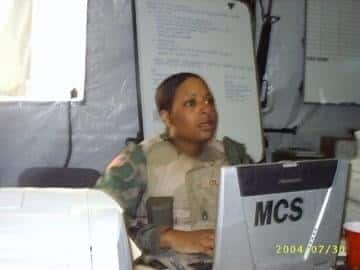
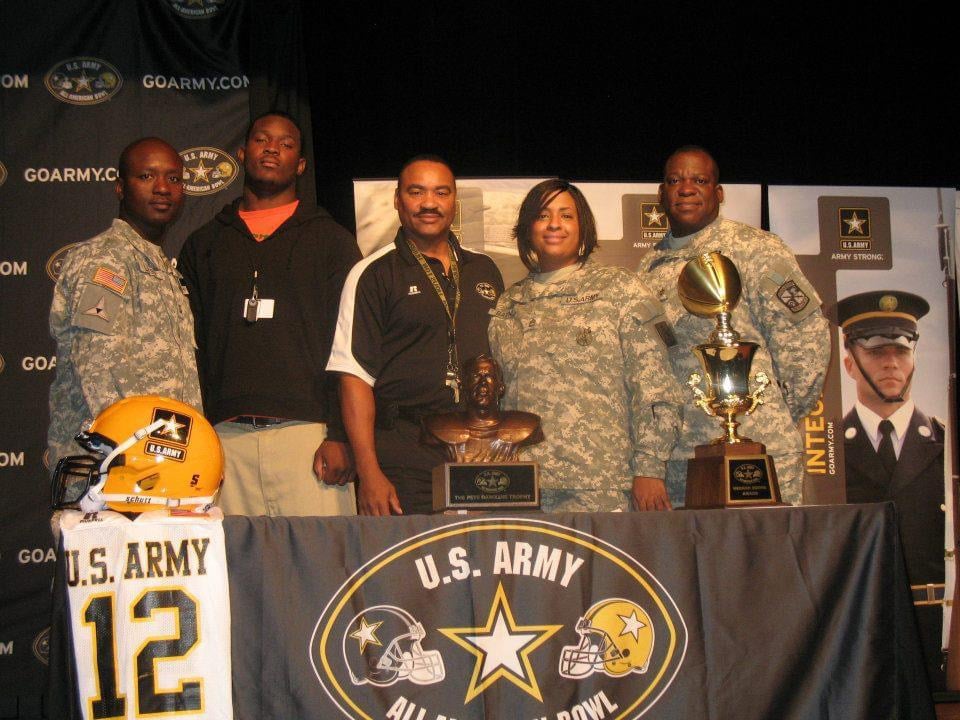
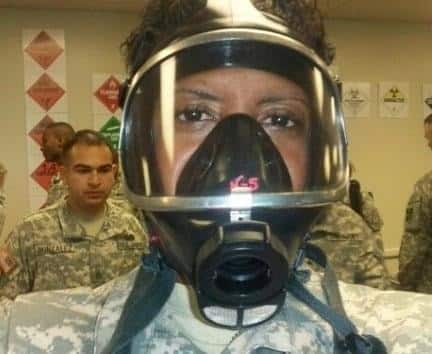
Want to watch more? Click here to watch more vlogs from the Tribute to our Heroes series.
